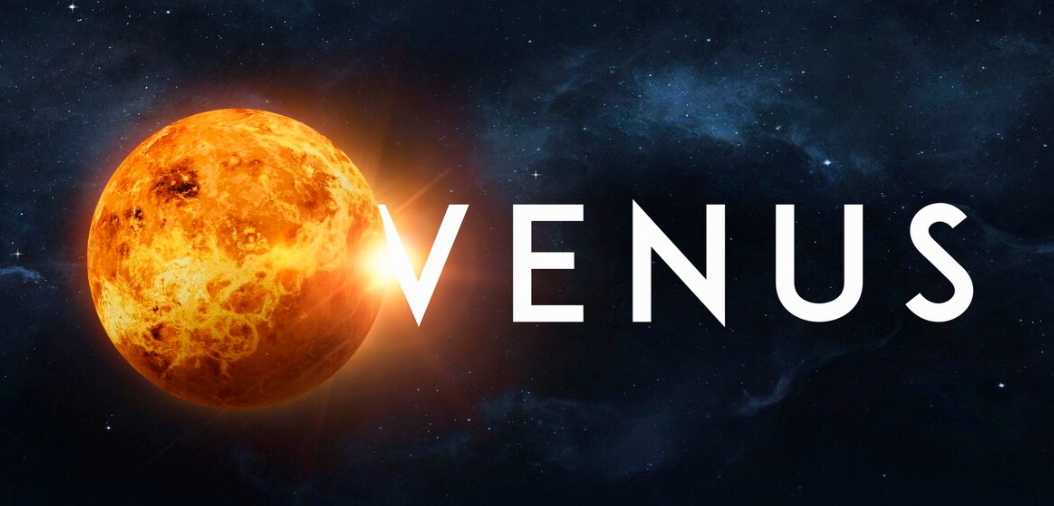One Day on Venus Lasts Longer Than One Year! But, How?

© freepik
Have you ever wondered how a day on Venus lasts longer than a year on the planet? It may seem impossible, but it’s a fascinating fact about our neighboring planet that leaves many curious about the science behind it. Venus is often referred to as Earth’s “sister planet” because of its similar size and composition. However, there are definitely some significant differences between the two planets. Here is why.
Venus in All Its Glory
Venus, a cloud-swaddled planet named for a love goddess, is often dubbed Earth’s twin. But take a closer look, and Venus reveals its hellish nature. As our nearest planetary neighbor, it sits as the second planet from the Sun, with a surface hot enough to melt lead. The atmosphere is so dense that, from the surface, the Sun appears as just a smear of light.

In many aspects, this planet is more of an opposite to Earth than a twin: it spins backward, boasts a day longer than its year, and lacks any semblance of seasons. Perhaps once a habitable ocean world akin to Earth, but that was over a billion years ago. A runaway greenhouse effect transformed all surface water into vapor, which slowly leaked into space. Today, its surface is dominated by volcanic rock, enduring high temperatures and pressures.
Is It Possible to Live in Venus?
If you are wondering whether this planet’s surface could harbor life today, the short answer is a resounding “no.” Venus could offer valuable insights into the conditions necessary for life to emerge, whether on Earth, within our solar system, or even beyond. Despite its current inhospitable surface, Venus possesses the necessary ingredients for life, or at least it did in the past. By studying why Venus diverged from Earth in terms of habitability, scientists may discover factors crucial for making other worlds suitable for life. Surprisingly, the idea of life on Venus cannot be entirely dismissed. Conditions in the upper atmosphere, including temperature, air pressure, and chemistry, are more favorable, particularly within the thick, yellow clouds.
So, Why Is a Day Longer Than a Year in Venus?
A recent study suggests that Venus’s dense and stormy atmosphere is responsible for the planet’s unusually long day, which exceeds its year in duration. The study resolved discrepancies in previous estimates and determined that Venus has the longest day of any planet in our solar system, taking 243.0226 Earth days for a single rotation on its axis. This exceeds its year, which lasts 225 Earth days, making a day longer than a year on Venus. The study also examined the tilt of Venus’s axis and the size of its core, shedding light on the planet’s characteristics.
What Did They Discover?
Researchers conducted radio wave transmissions toward Venus between 2006 and 2020 from NASA’s Goldstone Antenna in California, analyzing the radio echoes received at Goldstone and the Green Bank Observatory in West Virginia to gather data on Venus’s properties.

New observational data reveals that the planetary core of Venus has a diameter of approximately 7,000 kilometers (4,360 miles), similar in size to Earth’s core. Previous estimates of Venus’s core were based on computer modeling rather than direct observations. While the core is believed to be composed of iron and nickel, its state, whether solid or molten, remains uncertain. Venus spins almost upright on its axis, resulting in minimal seasonal variation, with a calculated tilt of about 2.64 degrees. In contrast, Earth’s tilt is approximately 23.5 degrees, leading to more pronounced seasonal changes.
What other fun facts do you know about this quirky planet?
You might also want to read: India’s Triumphal Moon Landing



